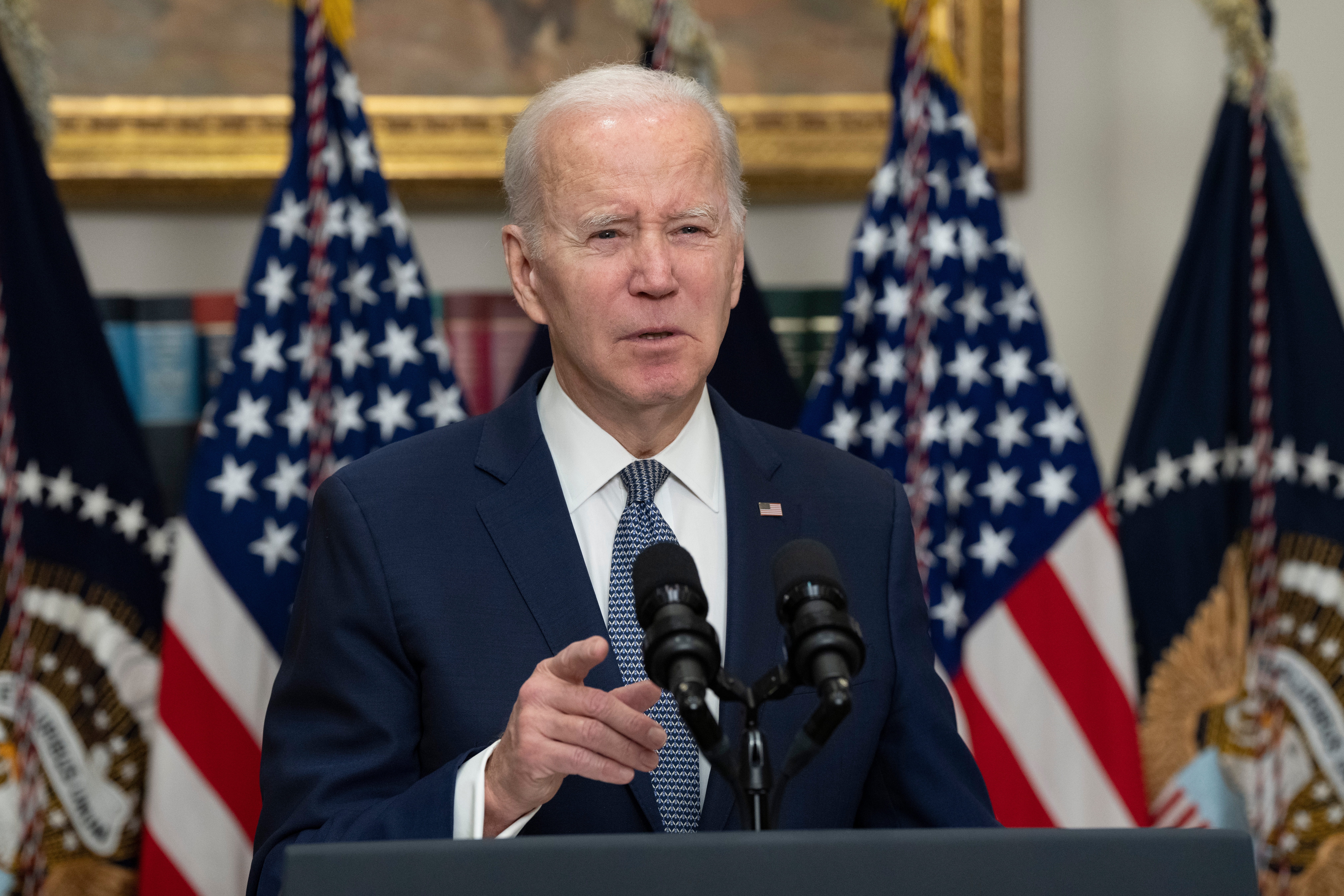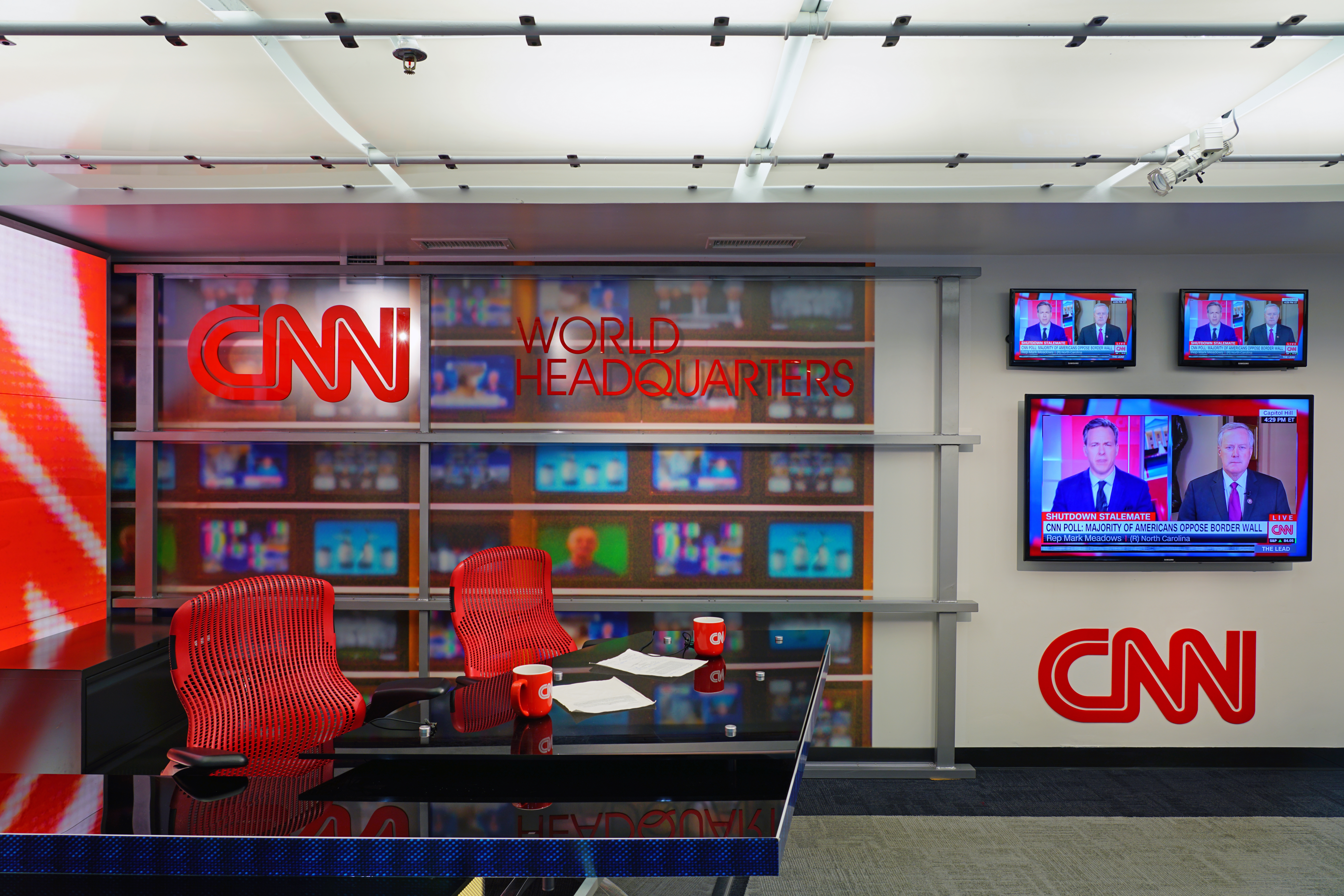Cornell University finds itself at the epicenter of a heated debate after inviting singer Kehlani for Slope Day, sparking an uproar over antisemitism allegations and a hefty $1 billion funding freeze by a previous U.S. administration.
At a Glance
- Cornell University hosts Kehlani, stirring backlash due to her controversial views on Israel.
- University President claims ignorance of Kehlani’s anti-Israel stance prior to booking.
- Students and faculty demand a performer change, sparking plans for a boycott.
- Cornellians for Israel group pursues alternatives to the controversial performance.
- University previously faced a funding freeze due to an antisemitism investigation.
Cornell’s Ignorance Exposed
Amid echoes of discontent, Cornell University faces heavy criticism for inviting Kehlani, known for contentious views on Israel, to perform at the annual Slope Day event. The university administration, led by President Michael Kotlikoff, surprised many by asserting unawareness of Kehlani’s political inclinations. “We found out about the social media of this performer roughly three weeks ago,” Kotlikoff admitted, raising eyebrows about the credibility of such a claim.
Kehlani’s history of supporting Intifada and criticisms of Zionist ideologies has put her in the spotlight, and now Cornell finds itself entrenched in controversy. Students and faculty argue that such views would have flagged concern had they been directed at other marginalized groups, thus calling into question the administration’s decision-making process.
Student Backlash and Boycott Plans
Student uproar at Cornell, particularly among Jewish students, signals deep disapproval of Kehlani’s performance. Accusations of enabling antisemitism echo through the university, compounded by frustration at the administration’s lackluster response. In fact, the student group Cornellians for Israel has launched a petition alongside a GoFundMe campaign, pledging either to replace Kehlani or to organize an alternative celebration. “In a sign of mounting backlash, members of the student group Cornellians for Israel have launched a petition and GoFundMe drive demanding that the school replace Kehlani with another performer — or they will boycott the event and select their own entertainer to headline a unifying counter-concert on the Ithaca campus.”
Cornell’s administration faced fierce condemnation for overlooking Kehlani’s polarizing anti-Israel sentiments. “It’s honestly laughable that they claim they were unaware of her glorification of violence, endorsement of an intifada, or demonization of Jews,” Amanda Silberstein argues, leveling the critique towards university officials.
Federal Scrutiny and Financial Repercussions
The wider context to this drama is a significant $1 billion funding freeze by the Trump administration stemming from a civil-rights investigation into alleged antisemitic discrimination at Cornell. This backdrop intensifies the current tension, adding pressure on the university to address its antisemitism issues. The performance controversy follows a string of anti-Israel protests and alleged threats against Jewish students, creating a climate of unease and division within the campus.
Cornell’s administrators attempted damage control by modifying Kehlani’s performance contract to prohibit any political discourse during the event. However, the university’s prior handling of the situation hints at systemic issues, with faculty expressing outrage at the institution’s toxic atmosphere and highlighting the need for substantial change.







